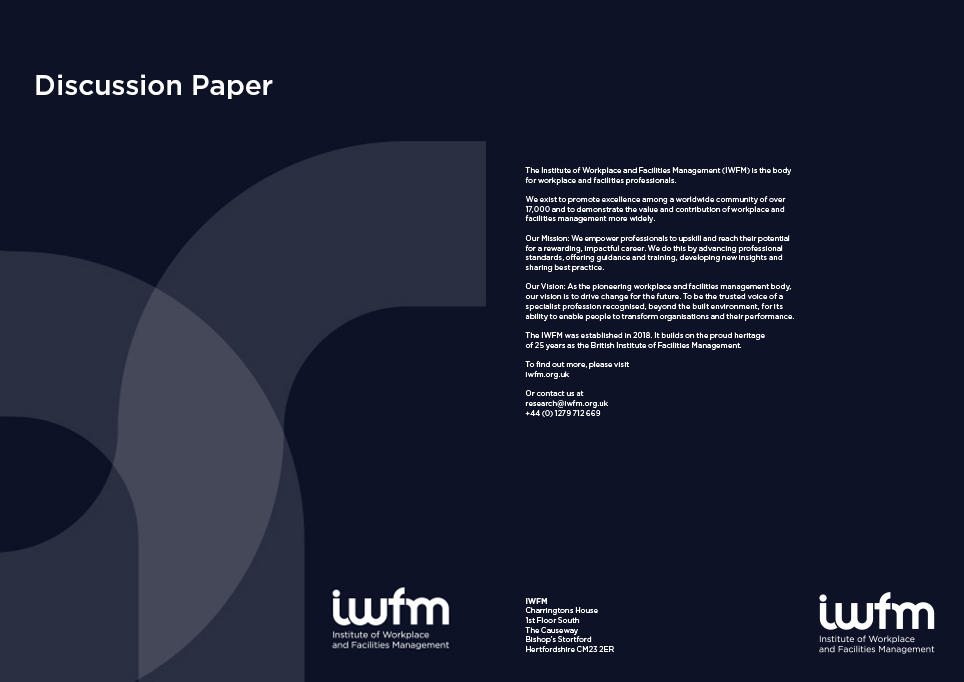Future of public procurement
Discussion paper
- Procurement
- Login to view
01 December 2014

The government is the biggest spender on FM service contracts in the UK managing an annual £40bn of contracts with the private sector. However, with stinging criticism of contract management in the recent report from the Public Accounts Committee and with the introduction of Building Information Modelling (BIM) and Soft Landings mandated for all government projects in 2016, as part of the government construction strategy, it’s clear that there is a need for service suppliers, and the government, to evolve and adapt.
Following the discovery of serious anomalies in billing practices, the government commissioned a series of reviews of contract management across departments. In total, central government tested 60 contracts for overbilling and 73 for contract management practice. The reviews found widespread problems in administering government contracts, including poor governance, record keeping and capacity issues. Key questions then are: Is this a surprise for those working for government? What are the root causes of the problems? Why have previous attempts to improve contract management not delivered sufficient change? And what can engender real change?
Attempts are being made to improve systems and processes. In June 2014, the Welsh Government launched a new strategy for the procurement of construction and FM that is expected to save £5-7m a year. The Construction and Facilities Management Strategy, part of the National Procurement Service (NPS) for Wales, involves ensuring consistency of pricing across the public sector and tasking suppliers to come up with efficiency proposals and measures promoting social benefits. Each year £180m is spent in these areas in the Welsh public sector and so far 40 suppliers, with more expected to follow, have come up with ideas that could be fed into the strategy. What then can Westminster learn from the Welsh model?
Log in for full access to our resources
To join IWFM and find out more about how you can access all our resources please visit iwfm.org.uk/membership
